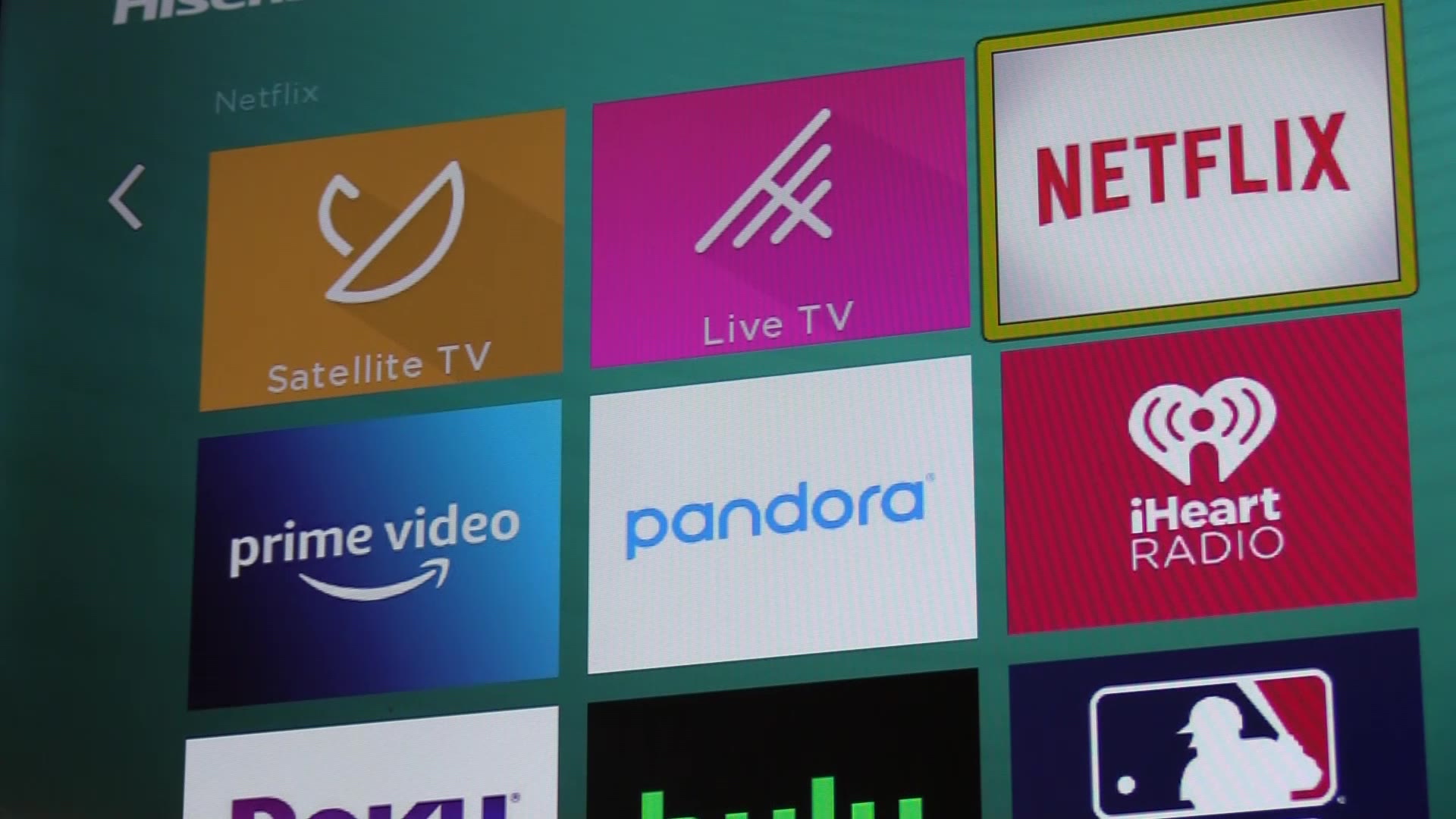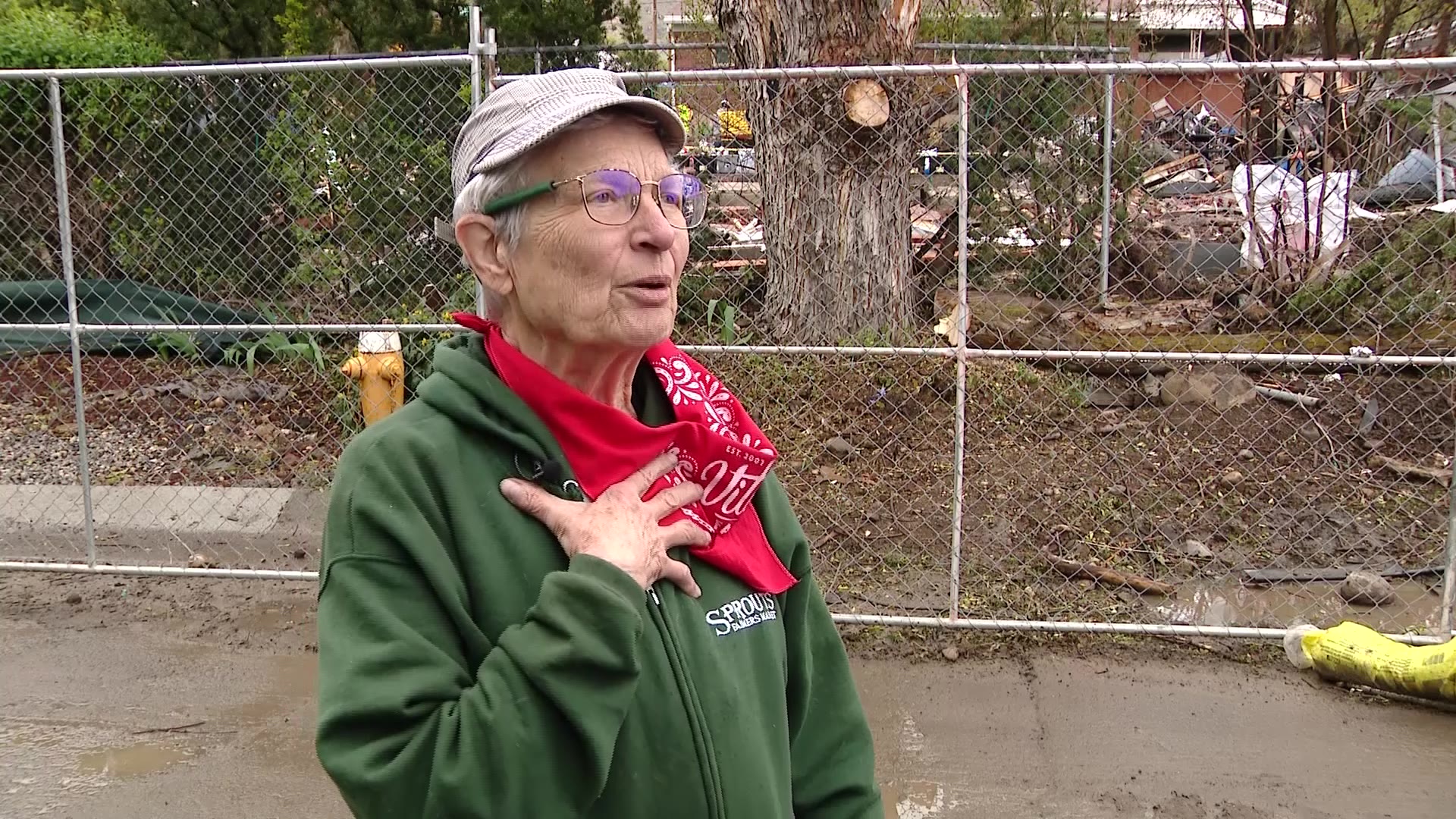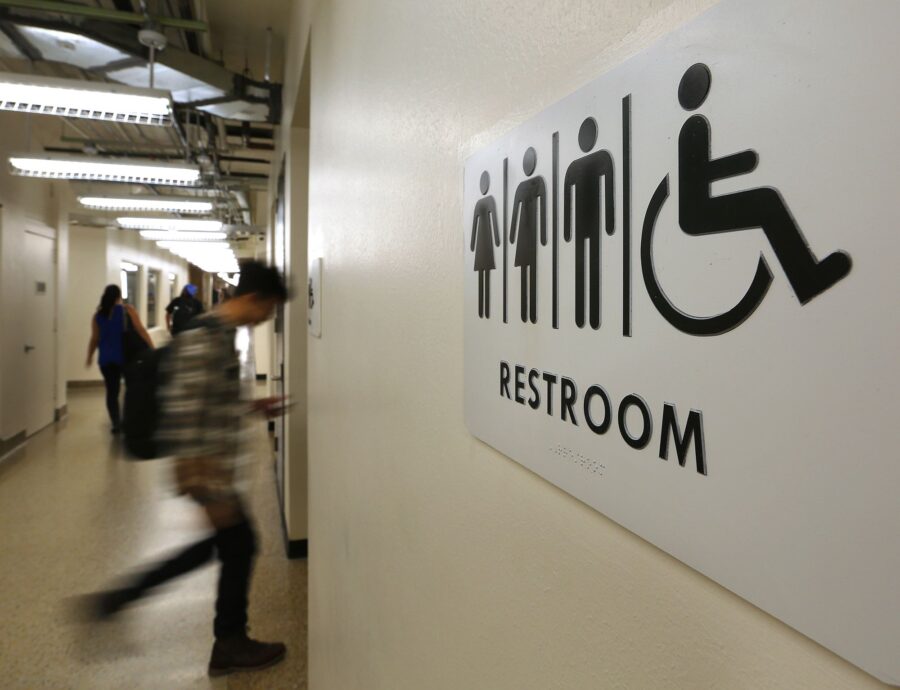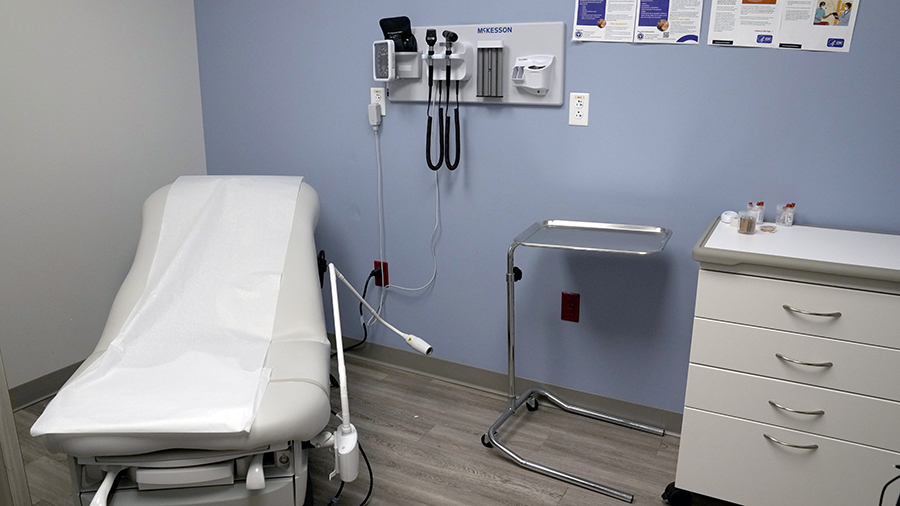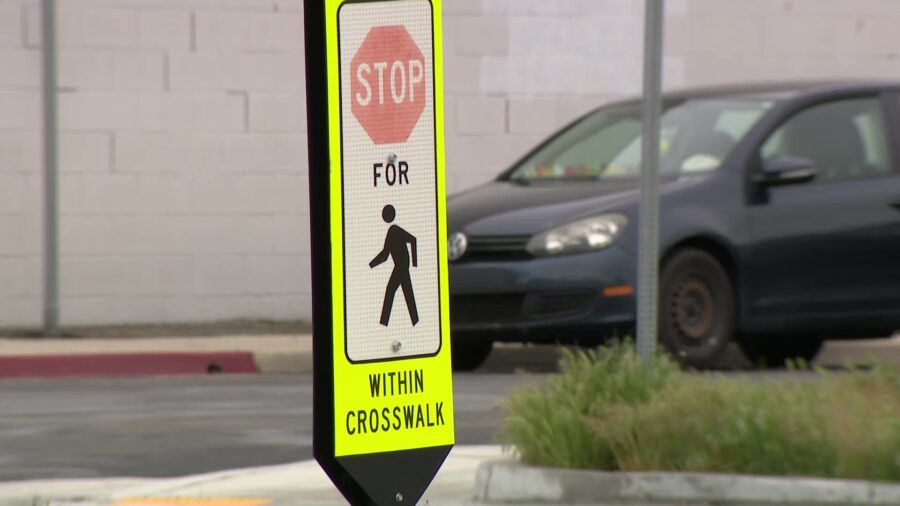Lt. Gov., addiction experts discuss solutions to opioid crisis
Apr 3, 2018, 9:12 PM | Updated: Apr 4, 2018, 12:50 am
SALT LAKE CITY — Utah has the seventh-highest drug overdose rate in the nation, according to the Department of Health. The Hinckley Institute at the University of Utah hosted a panel discussion Tuesday on ending Utah’s opioid crisis.
 Utah Lieutenant Governor Spencer Cox led the discussion. Odyssey House CEO Adam Cohen, Utah Department of Health Opioid Overdose Prevention Coordinator Angela Stander, and Utah Naloxone Medical Director Dr. Jennifer Plumb were on the panel.
Utah Lieutenant Governor Spencer Cox led the discussion. Odyssey House CEO Adam Cohen, Utah Department of Health Opioid Overdose Prevention Coordinator Angela Stander, and Utah Naloxone Medical Director Dr. Jennifer Plumb were on the panel.
Stander discussed the latest numbers from the Utah Department of Health. She said six Utahns die each week from an opioid overdose.
“Seventy-five percent of people who abuse opioids say they got them from a friend or family member,” Stander said.
Stander also said 80 percent of heroin users said their addictions began with prescription opioids.
Plumb emphasized the importance of access to the life-saving drug naloxone. She said her organization, Utah Naloxone, has gotten kits into thousands of homes. She added that there needs to be more funding for mental health and addiction recovery. She wants to see insurance companies offer more coverage for alternatives to prescription opioids, like physical therapy or massage therapy.
Cox said he believes another alternative could be on the horizon.
“I think we all agree that medical marijuana is going to happen here in the state of Utah and that it is at least a piece of dealing with the opioid epidemic,” he said.
Cox said Utah Governor Gary Herbert also supports medical marijuana, though not in the way an upcoming ballot initiative is written.
One of the biggest factors in helping people who are addicted, the panel members said, is having open conversations about the issue.
“These folks don’t get the care and compassion that they need, and they don’t get the treatment options that they need. They don’t get the funding and the resources that they need. We have to absolutely change that. In my mind, addiction is no different than any other chronic condition,” Plumb said.
Cox said removing the stigma is a big part of moving forward.
“We can’t solve the problem until we bring it out into the light,” Cox said.

